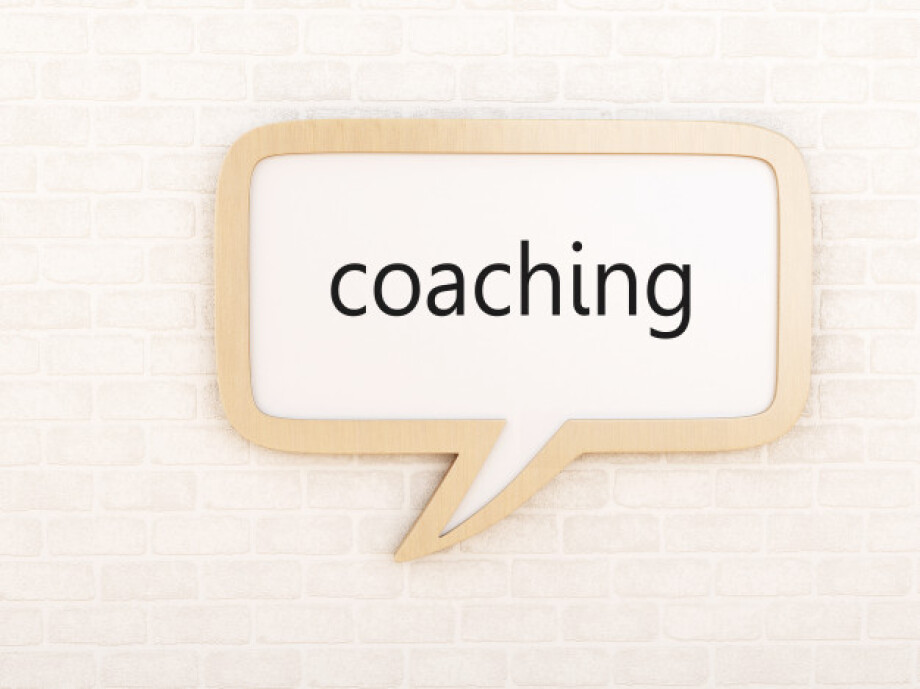Undoubtedly, success feels good, it is a very positive emotion, and teachers would love to see their learners experience it as often as possible. Yet, the learning process is frequently associated with boredom, failure, anxiety, or stress. Below are some classroom tricks you can use to trigger the sense of achievement and accomplishment in your classroom.
“When you achieve what you want or intend”, — definition of ‘success’ according to Longman Dictionary of Contemporary English Online
It’s become a cliché that every lesson must have a clear goal. However, you might make a couple of steps further:
— Make sure your students agree, or better still, love the goal you suggest for the lesson;
— Ask the students questions to adjust the goal to their needs/interests;
— At the end of a stage/lesson refer back to the goal and confirm achievement.
Here is how it actually works in a lesson. You ask your student if he/she ever has to make presentations. If the answer is yes, you move on to ask what they are about, who the audience is, if he uses slides, if he has/will have to do it in English, etc. Eventually, you set the goal based on the student’s answers, e.g. “To make a presentation about last quarter’s sales results to the managers”, teach all the vocab and grammar for the lesson, and finally ask the student to give that presentation, provide feedback and confirm with the student if he can make such presentation better now. Hopefully, he happily admits he can.
Important: do not just announce the goal, and do not teach towards a goal your learners clearly do not need and say so.
«Success is walking from failure to failure with no loss of enthusiasm.», — Winston Churchill
Learners are bound to make mistakes, and we as teachers are entitled to correct those, but how to do it without being discouraging and judgmental?
— Remind students that it’s natural to make mistakes while learning. After all, if there are no errors, it means their studies are completed and they have to move on to the next level or just finish it all.
— Always provide positive feedback first and last, and not just ‘good job’ kind of comment, but specific things what went well, with examples from students’ speaking/writing
— Provide emotional support, sympathy, and empathy when needed. Learning is actually extremely difficult!
«The only place where success comes before work is in the dictionary.», — Vidal Sassoon
Surprisingly, the feeling of success is closely connected to meeting the challenge and doing hard work. If learning happened too easily and effortlessly, or on the contrary, it was unbearably hard and frustrating, the feeling of accomplishment will not be too strong either. So how can we make sure the challenge is adequate?
— Grade the task and the support you provide appropriately as every student has their own strengths and weaknesses. Say, the same student might require much more lead-in and pre-teach activities before listening, but be prepared to do reading with little or no preparation.
— Tell the students you believe in them and you are sure they are up for a challenge and mean it!
«In order to succeed, we must first believe that we can.», — Nikos Kazantzakis
Remember that you embody the goal your students are pursuing. You speak English the way they want to. Thus, the very fact that you can do it means it is possible, and it’s worth reminding them of that! There are some other ways to help them believe.
— Record your students’ speaking and save some writing samples at the beginning of the course. Showing/playing those at the end might show the progress better than any feedback!
— Share some success stories with your learners; you sure had some incredible stories in your career!
— In times of trouble, when the student is feeling low and demotivated, tell her that she is on the right track, that she has been doing great and that her goal is closer than she thinks, and that if not working on English skills, you enjoy working with her because she is an amazing person!
I’d like to conclude with what is probably my favorite quote on success:
“Today’s accomplishments were yesterday’s impossibilities.”, – Robert H. Schuller






 Маргарита Аветисян
Маргарита Аветисян 
 Вероника Аветисян
Вероника Аветисян 


